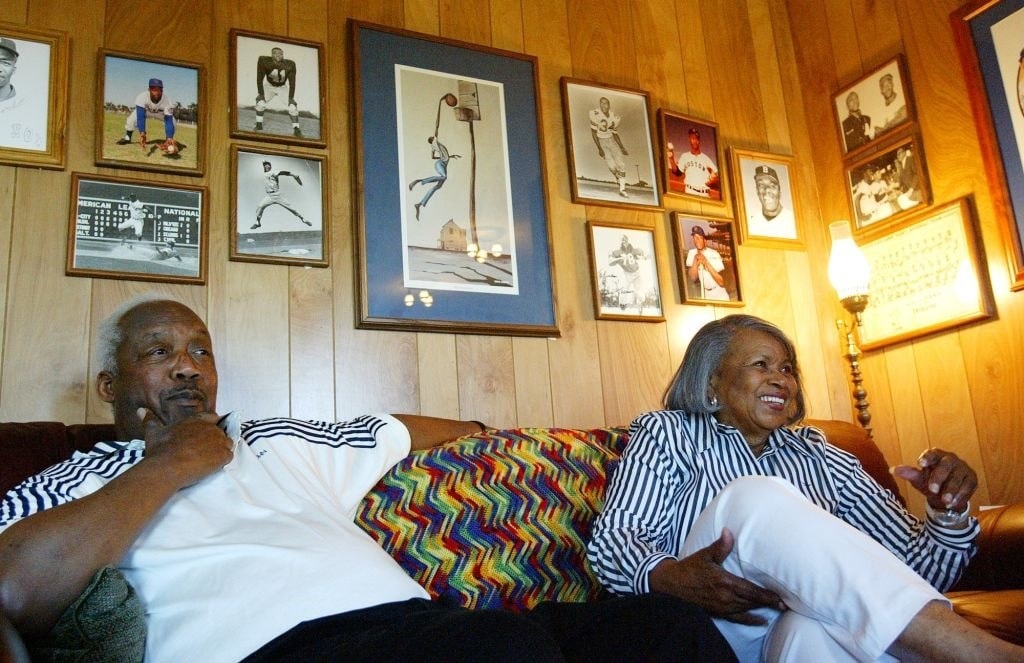More Americans Want to Leave the Country
Are we losing the American Dream?
By: GenZ Staff | April 17, 2024 | 625 Words

(Photo via Smith Collection/Gado/Getty Images).
Life in the US has changed a lot in the last 50 years, and it seems for many, the American dream has lost its luster. A new survey by the Monmouth University Polling Institute found that more than three times as many Americans want to move to another country compared to half a century ago.
Americans Leaving America
To put a bit of perspective on this, Gallup asked the same question in 11 different national polls between 1948 and 1995, Monmouth explained. “During that time, the desire to emigrate never went higher than 13% (1972) and dipped as low as 5% (1950). In fact, the number of people wanting to leave the country averaged 6% in polls taken between 1948 and 1960, hovered between 9% and 13% in the early to mid-1970s, and was a similar 9% to 12% in the 1990s.”

(Photo by Aric Crabb/MediaNews Group/East Bay Times via Getty Images)
Age is a factor as well. The older the person, the less likely they are to want to move out of the country. In 1974, 19% of people under the age of 35 wanted to leave, but currently that percentage has risen to 51%. The Monmouth survey shows that of those aged 35 to 54, 39% desire living abroad, but only 17% of those over 55 want to leave their homeland.
“After holding pretty steady over fifty years following World War II, there was a huge jump in the number of Americans who want to leave the country sometime in the last three decades,” said Patrick Murray, director of the independent Monmouth University Polling Institute. “We are not sure exactly when this shift occurred because of the gap in polling on this question, but I’d be willing to bet that the partisan rancor of the past few years has played a significant role in the heightened desire to emigrate.”
He is probably on the right track. A Pew Research Center survey from last July found that Americans were more polarized, with 65% of participants saying they felt exhausted and 55% admitting anger with the country’s politics.
Are We Losing the American Dream?
An October 2023 WSJ/NORC poll suggests belief in the American dream is dwindling, or perhaps already gone. It asked recipients if they believe “the American Dream – that if you work hard you’ll get ahead – still holds true.” Only 36% agreed while 45% said it did at one time and 18% said it was never true.

(Allen J. Schaben / Los Angeles Times via Getty Images)
One American exile, JP Stonestreet, moved from Colorado to Ecuador in 2017 and told Axios: “We grew up in a country for everybody. If you were smart and worked hard, you could achieve the American dream, and that is not the case anymore.”
As of 2020, the State Department estimated that nine million Americans lived overseas. A blog post on Wander Onwards titled “18 Brutally Honest Reasons to Leave the US ASAP” claimed there were better perks to living abroad. Some of the reasons it mentioned for leaving America include gun control issues, inadequate affordable or universal health care, women’s rights, cost of living, violence driven by racism, student debt, and the wealth divide. Preply, the online language learning marketplace, reached out to the Gen Z population and determined Zoomers wanted to abandon the US over the cost of living and political climate.
America used to be the dream. It was a place where people lived in freedom and cherished liberty and the promise of prosperity. Now, though, more Americans want to flee the land of the free and home of the brave for greener pastures where they believe they can afford to live more peaceful, healthy, and productive lives. Apparently, the top reason for the desire to relocate is the political upheaval and divide in the country.
















